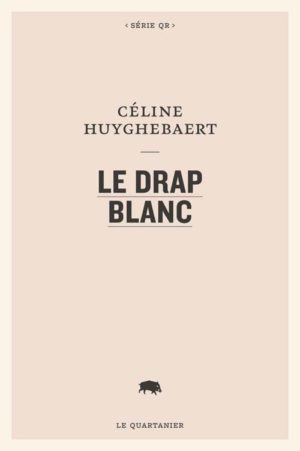
“When my father died, I didn’t inherit boxes full of documents and letters. His ashes were thrown into the water. His belongings were donated, hastily destroyed. He had light eyes and a beard. In the photos, he had that manly, unkempt look characteristic of the seventies. He couldn’t sit at the table without his pocket knife and bread. He said "he" to those he should have wanted, because he refused to submit to their class superiority. He was funny and angry. He was sensitive. He smoked, he drank; he didn’t leave much behind. I think he had begun to disappear while he was alive. When his body was lifted up, I saw the faint imprint digging into the sheet, where his skull was lying. Then it faded away, and the sheet became smooth again. It is this disappearance that triggered the writing of this book, this absence left by the dead, with which those who survive them weave fictions to get out of it.”
C. H.
After the disappearance of her father, who died within hours in hospital while flying across the Atlantic to his bedside in France, a Montreal-based artist tries, through interviews with his loved ones, stories, fiction and archival documents, to make sense of the void he left behind. This is the first book to be written outside the norm, with a ruthless accuracy, between self-representation, romantic deconstruction and family investigation, following in the footsteps of Annie Ernaux and Sophie Calle, Miranda July and Olivia Rosenthal.
